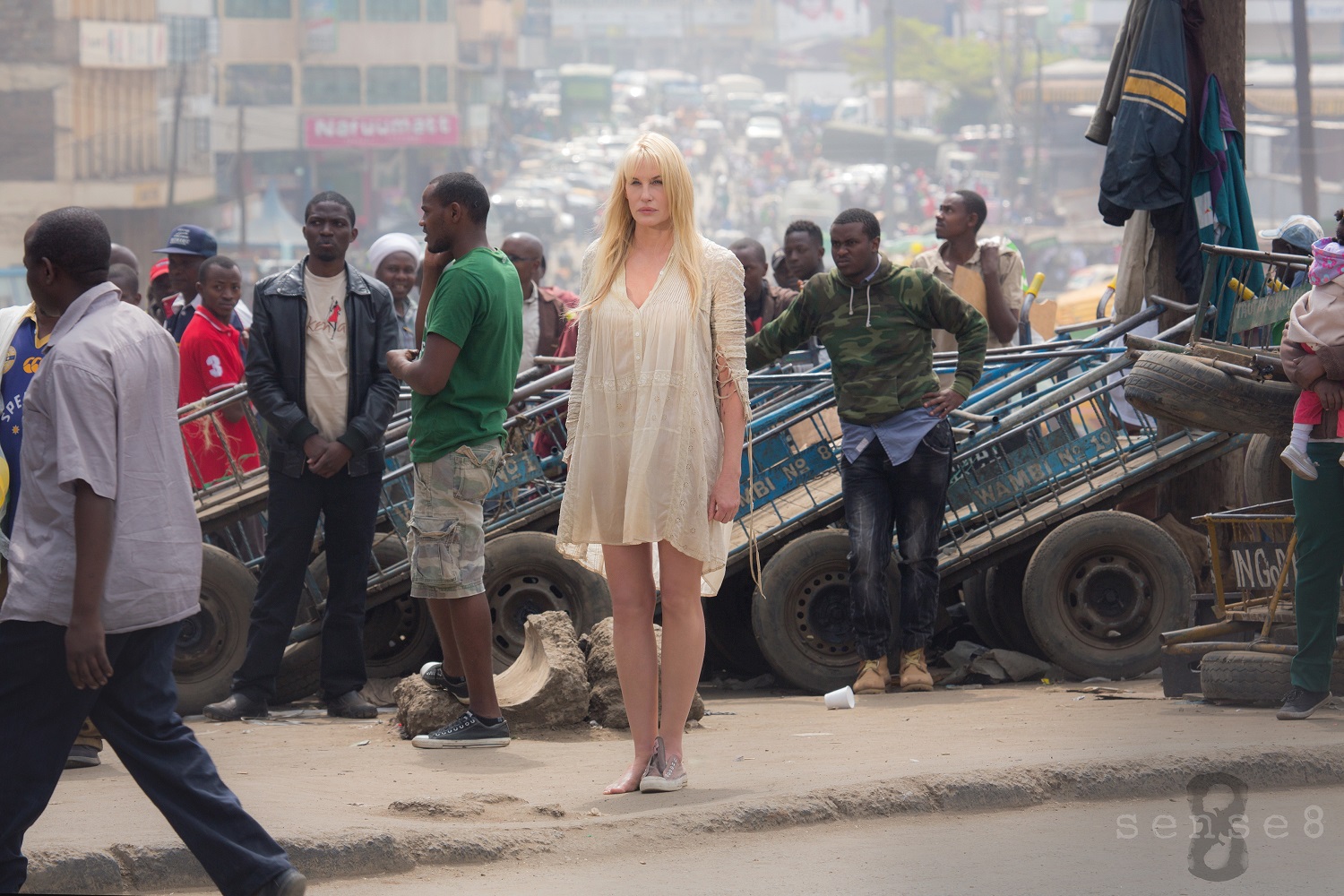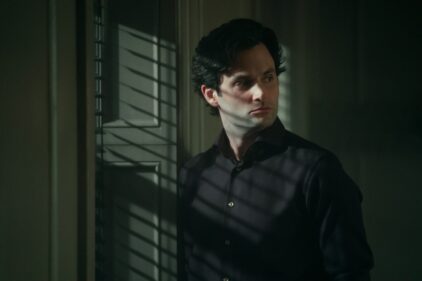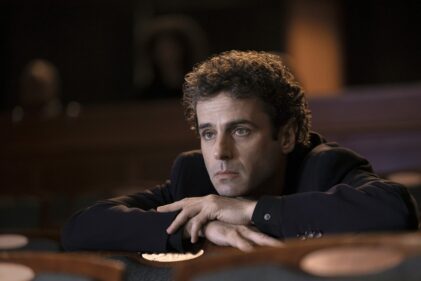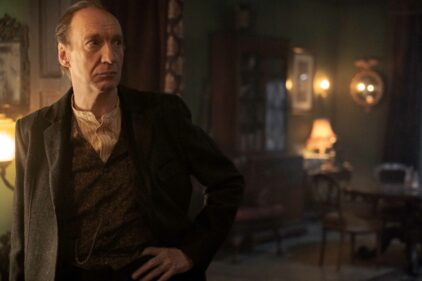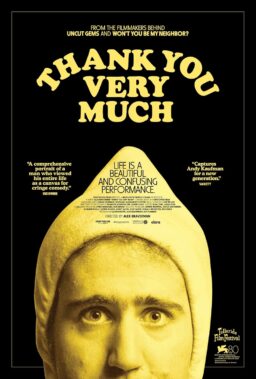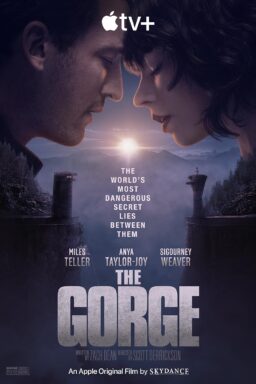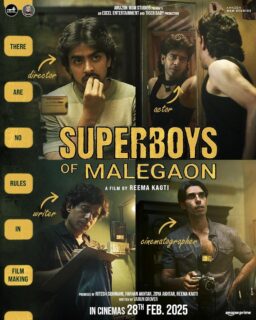Almost two years ago, as Netflix was premiering “Derek” and
riding waves of acclaim for “House of Cards” and “Orange is the New Black,” I posited
that the company was in a unique position to support visions of auteurs that
could not be supported at other networks. I wrote, “Go to people like Louis C.K., David Lynch, or, and this is essential,
more people like Jenji Kohan, who are willing to write strong, female, minority
characters, and say, “You can have ten streaming hours. Do whatever you
want.” Some of the resulting programs would almost certainly be misfires,
but, at the very least, they’d probably misfire in fascinating ways and the
network still wouldn’t be victim to the standard expectations of their
competitors.”

While I have admired shows like “Bloodline” and “Daredevil,”
they were not exactly groundbreaking television in those terms. “Sense8,”
premiering this Friday in its entirety for your binge-watching pleasure, is
defiantly strange. It is untraditional in nearly every sense, something that
will throw even diehard fans of science-fiction programming or the
controversial films of the show’s creators, the Wachowskis and J. Michael Straczynski
(“Babylon 5”). Much as they did with “Cloud Atlas,” the Wachowskis are
exploring identity, gender, sexuality, and much more in a way that defies
traditional narrative understanding. To complain that “Sense8” doesn’t make
traditional sense is to undervalue how it’s working more emotionally and philosophically.
Now, that’s not something that will interest everyone and, again, like the
Wachowskis’ recent films, some will hate “Sense8.” Me, I’m happy Netflix is
giving a platform to something this daringly different, and I can’t wait to see
where it goes after the three episodes screened for press.
“Sense8” opens with a clearly distraught woman (Daryl
Hannah) alone in an abandoned building. She begins speaking with a man (Naveen
Andrews) who seems to appear and disappear into thin air. Then another, who
clearly means to do her harm. The second man then enters the room and the woman
kills herself, but not before eight people around the world have a vision of
the woman. Suddenly, the eight people are inexplicably connected. They all have
visions of the same woman and soon her male partner. And they seem intertwined
on a sensorial level that defies time and space. One hears loud music next door
and busts into the apartment. It’s empty. Cut to the club in which the music is
actually playing, attended by another central character. An Indian woman hears
rain and thunder and asks for an umbrella before looking out on a sunny day.
Cut to the funeral around the world in the pouring rain. Before long, they are
communicating with one another and trying to determine why they have been
blessed or cursed and what it means for the fate of humanity.
Much as Bryan Fuller mentioned in my interview with him this
week about “Hannibal,” “Sense8” is working with “emotional logic” more than
structural. If you might think that this concept and approach would be
difficult to craft into a narrative for a TV series, you’d be right. And yet “Sense8”
is never uninteresting. It’s always a bit left of center, a bit unlike anything
else on TV. Some will bail before the end of the first episode, but it ends in
such a way that two characters realities intersect and sort of create a third
one, and you start to realize where this show could be and where this show
could go. I was hooked.
It helps that the Wachowskis are undeniably strong
filmmakers, despite their occasional narrative stumbles. The filmmaking here is
fluid and the performances are strong across the board. It’s also notable that
this is a program dealing with issues of sexuality and gender in ways rarely
seen on TV. And it’s culturally sound. While I wish the non-Stateside material
was actually in its native tongue, it’s great to see a show with international
cast members and settings that don’t feel like mere set dressing. The piece
even pauses for a full-blown Bollywood number in episode two.
What is “Sense8”? Three episodes in and I’m not even quite
sure. It’s about interconnections and common human need. It’s about how we are
more alike, even from a Chicago cop to an Indian bride, than we even think. And
it’s not really like anything on television. Even if you consider it a “fascinating misfire,” this is what Netflix needs to do more of: push the boundaries of what
we expect from them.

